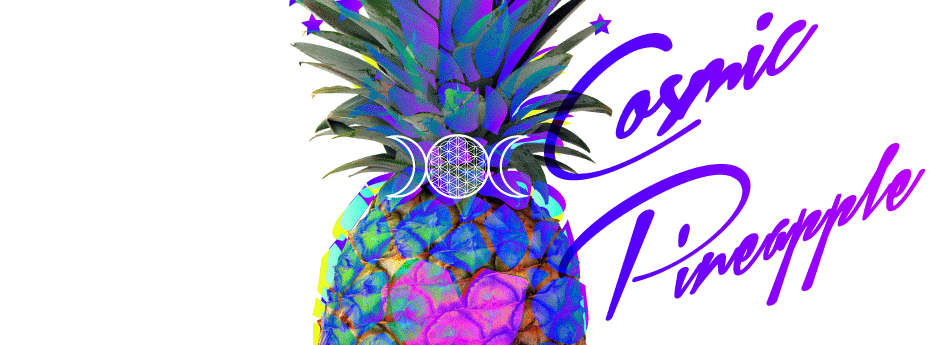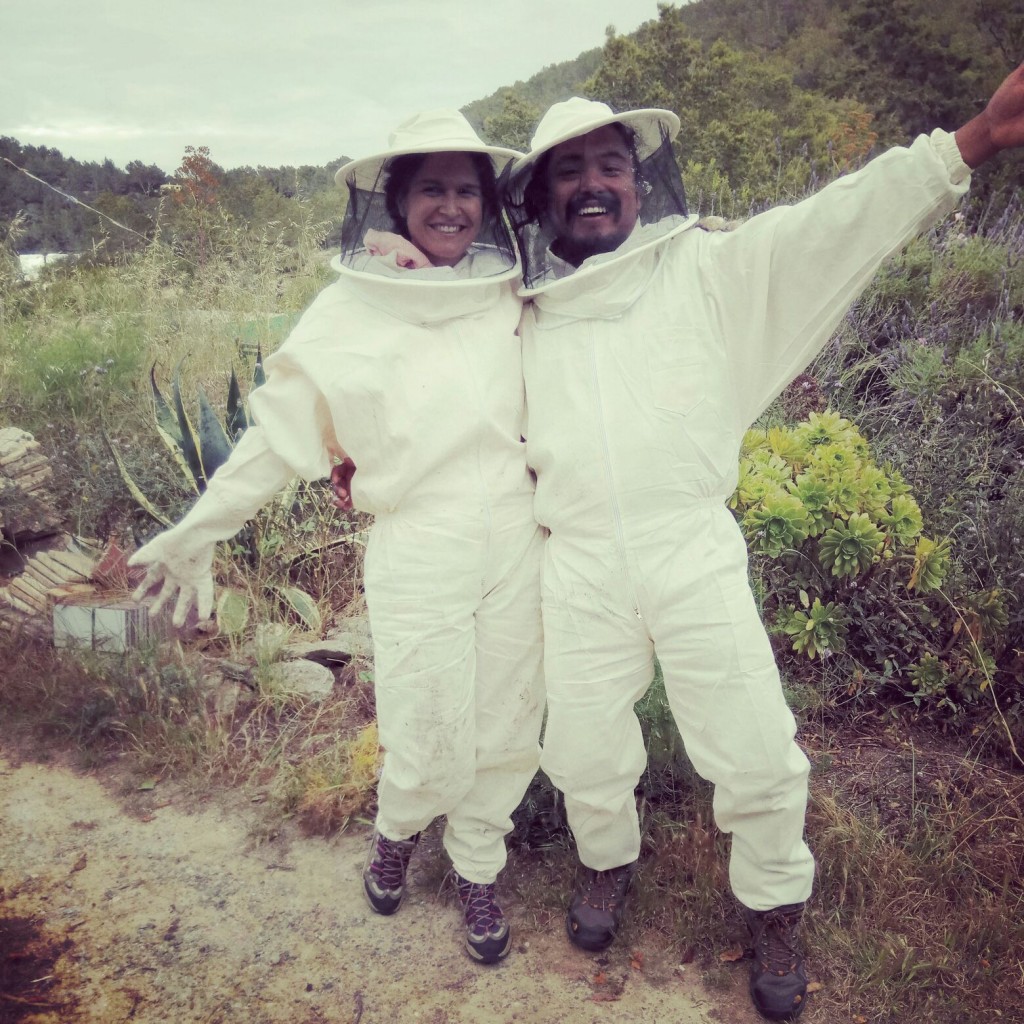“To the bee, a flower is the fountain of life, and to the flower, the bee is a messenger of love.” – Kahil Gabron
Bees pollinate a third of everything we eat and play a vital role in sustaining the planet’s ecosystems. (Source: The Guardian)
Below we share a little information from some bee keepers in Ibiza.
“Welcome to Charito Natural Wellness, where we share with you our passion for all things bee.
We’ve been based on Ibiza for some time now but also traveling, spreading and learning about the bees and their products around the world.
In Ibiza we keep and look after beehives. We do integral management from swarm control and removal to small private owners looking to help the environment and pollination, to our very own where we work with honey and its byproducts. We make our own therapeutic honey and ointments including cardamom, lavender, ginger, rosemary and pain relief marihuana.
We would also love to introduce you to our big passion. Something we have been practicing and doing since our very first days in Mexico and handed down from our mother, Charito: Apitherapy.
Apitherapy encompasses the use of beehive products including honey, pollen, propolis, royal jelly and bee venom. Apitherapy is used to treat many illnesses and to alleviate pain from injuries both chronic and acute. We are Charito Natural Wellness and we are helping others to help themselves in attaining better health through a holistic approach in harmony with the beehive, a true gift of nature.”
Some bee facts from matter of trust:
- Honey bees must gather nectar from two million flowers to make one pound of honey.
- One bee has to fly about 90,000 miles – three times around the globe – to make one pound of honey.
- The average bee will make only 1/12th of a teaspoon of honey in its lifetime.
- A honey bee visits 50 to 100 flowers during a collection trip.
- A honey bee can fly for up to six miles, and as fast as 15 miles per hour.
- The bee’s brain is oval in shape and about the size of a sesame seed, yet it has a remarkable capacity to learn and remember things. For example, it is able to make complex calculations on distance travelled and foraging efficiency.
- Honey bees communicate with one another by dancing.
- A colony of bees consists of 20,000-60,000 honey bees and one queen. Worker honey bees are female, live for about 6 weeks and do all the work.
- The queen bee can live up to 5 years and is the only bee that lays eggs. She is the busiest in the summer months, when the hive needs to be at its maximum strength, and lays up to 2500 eggs per day.
- Larger than the worker bees, the male honey bees (also called drones), have no stinger and do no work. All they do is mate.
- Honey has always been highly regarded as a medicine. It is thought to help with everything from sore throats and digestive disorders to skin problems and hay fever.
- Honey has antiseptic properties and was historically used as a dressing for wounds and a first aid treatment for burns and cuts.
- The natural fruit sugars in honey – fructose and glucose – are quickly digested by the body. This is why sportsmen and athletes use honey to give them a natural energy boost.
- Honey bees have been producing honey in the same way for 150 million years.
- The honey bee is the only insect that produces food eaten by man.
- Honey lasts an incredibly long time. An explorer who found a 2000 year old jar of honey in an Egyptian tomb said it tasted delicious!
- The bees’ buzz is the sound made by their wings which beat 11,400 times per minute.
- When a bee finds a good source of nectar it flies back to the hive and shows its friends where the nectar source is by doing a dance which positions the flower in relation to the sun and hive. This is known as the ‘waggle dance.’
- Honey’s ability to attract and retain moisture means that it has long been used as a beauty treatment. It was part of Cleopatra’s daily beauty ritual.
- Honey is incredibly healthy and includes enzymes, vitamins, minerals. It’s the only food that contains “pinocembrin”, an antioxidant associated with improved brain functioning.
To find out more check: https://www.facebook.com/charitonaturalwellness/



